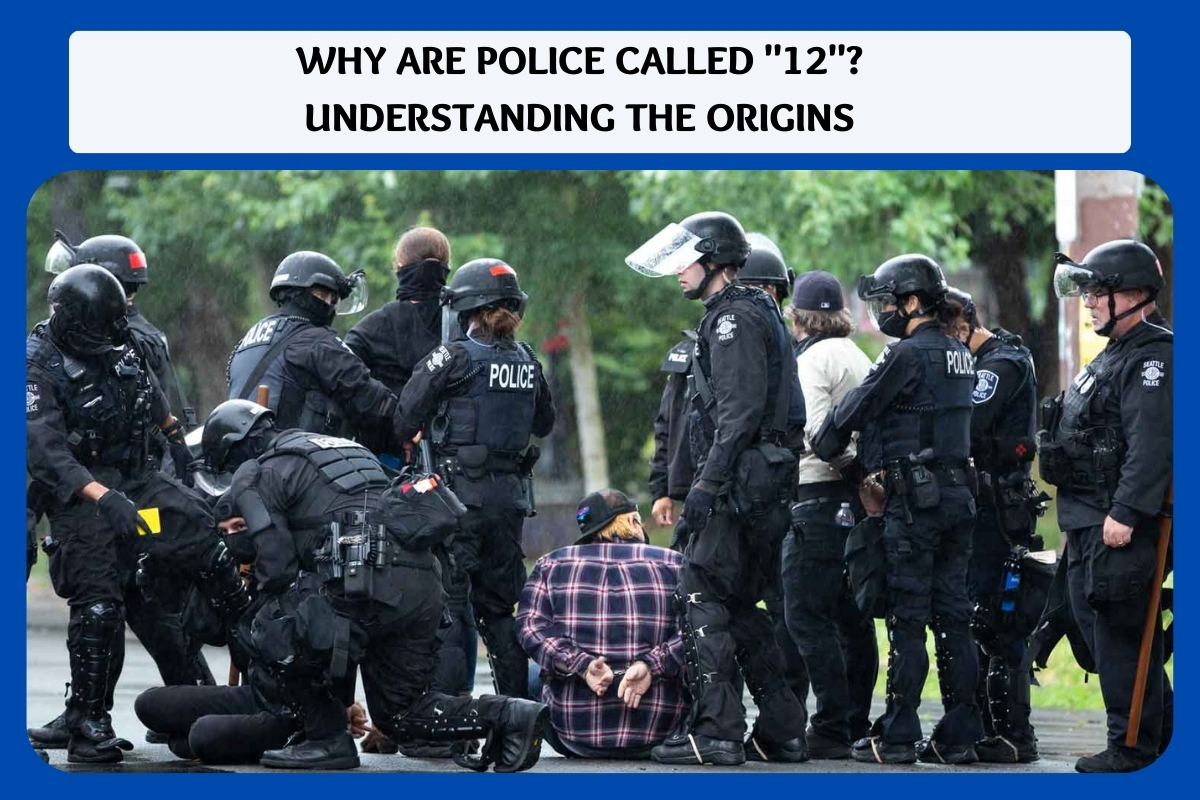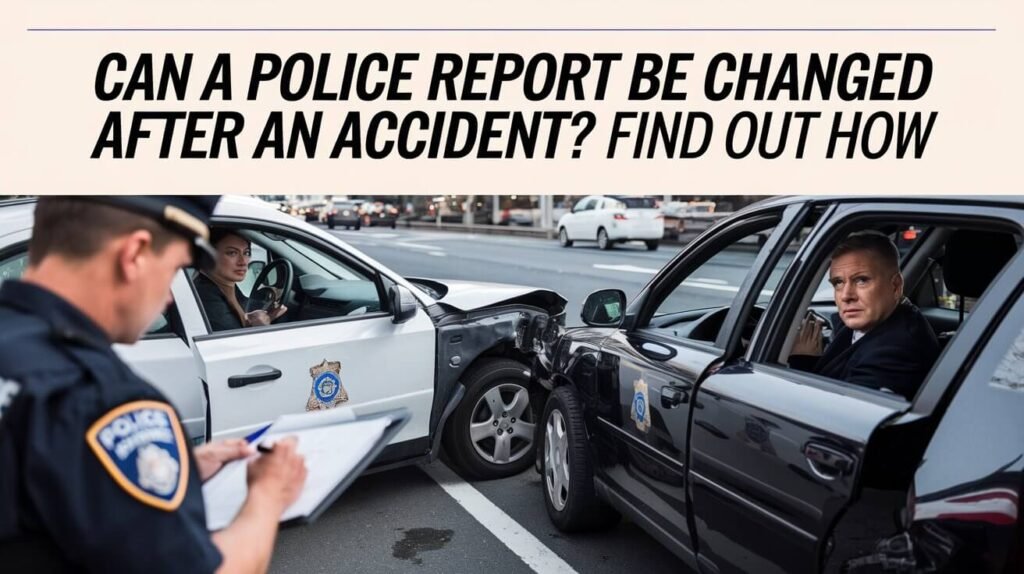Have you ever wondered why police is sometimes called "12"? This term has deep historical roots and carries significance that transcends mere slang. Understanding why police is called "12" involves exploring its origins, cultural impact, and modern-day relevance. Whether you're a history enthusiast, a law enforcement professional, or simply curious, this article will provide you with all the answers you need.
The phrase "12" as a reference to police has been around for decades, and its usage varies across different regions and contexts. It originated from a combination of historical events, radio codes, and cultural influences. By the end of this article, you'll have a clearer understanding of the term's meaning, its evolution, and its role in modern society.
In this guide, we will delve into the origins of the term, its significance in law enforcement, and how it has been portrayed in popular culture. Our aim is to provide you with a comprehensive resource that not only answers your questions but also offers insights into the broader context of police terminology and its impact on society.
Read also:Shawsheen Tech Billerica A Comprehensive Guide To One Of Massachusetts Premier Vocational Schools
Table of Contents
- The Origin of "12" as a Reference to Police
- Historical Context of the Term
- Police Radio Codes and Their Influence
- Cultural Impact of the Term
- Modern Usage of the Term
- Significance in Law Enforcement
- Representation in Popular Culture
- Statistics and Studies Related to Police Terminology
- Frequently Asked Questions About "12"
- Conclusion and Call to Action
The Origin of "12" as a Reference to Police
The term "12" as a reference to police has its roots in the early days of radio communication. During the mid-20th century, police departments began using two-way radios to coordinate operations. These radios operated on specific frequencies, and the number "12" was often associated with the frequency used by law enforcement agencies. Over time, this association led to the term being adopted as a shorthand for police.
Another theory suggests that the term originated from the practice of assigning patrol cars to specific zones or beats. In some jurisdictions, the number "12" was used to denote a particular patrol area or shift. As a result, the term became synonymous with police presence in those areas.
Historical Radio Codes
Radio codes played a significant role in shaping police terminology. For example, the famous "10-codes" were developed in the 1930s to streamline communication between officers. While "12" is not a standard 10-code, its usage in certain regions may have influenced its adoption as a term for police. These codes were designed to convey complex messages in a concise manner, and their legacy continues to influence modern law enforcement communication.
Historical Context of the Term
To fully understand why police is called "12," it's essential to examine the historical context in which the term emerged. During the mid-20th century, law enforcement agencies faced numerous challenges, including the need for efficient communication and public trust. The development of radio technology revolutionized police operations, enabling officers to respond more effectively to emergencies and coordinate their efforts.
At the same time, societal attitudes toward police were evolving. The civil rights movement and other social movements brought increased scrutiny to law enforcement practices, leading to debates about police terminology and its implications. The term "12" emerged during this period, reflecting both the technological advancements of the time and the cultural shifts that shaped public perceptions of police.
Key Events in Police History
- 1930s: Development of 10-codes for police radio communication.
- 1940s-1950s: Widespread adoption of two-way radios by police departments.
- 1960s: Increased public scrutiny of police practices during the civil rights era.
Police Radio Codes and Their Influence
Radio codes have long been a staple of police communication, and their influence extends beyond the confines of law enforcement. The term "12" may have been inspired by these codes, which were designed to facilitate efficient and secure communication. While the exact origins of the term remain somewhat unclear, its association with radio codes highlights the importance of technology in shaping police terminology.
Read also:Willoughby Municipal Court A Comprehensive Guide To Legal Proceedings
Modern police departments continue to use radio codes, although the adoption of digital communication systems has reduced their prominence. Despite this, the legacy of radio codes endures, and terms like "12" remain part of the lexicon of law enforcement and popular culture.
Cultural Impact of the Term
The term "12" has had a lasting impact on popular culture, appearing in music, film, and literature. Artists and writers often use the term to evoke a sense of authority or to critique law enforcement practices. Its widespread usage reflects the broader cultural dialogue surrounding police and their role in society.
For example, hip-hop artists frequently reference "12" in their lyrics, using the term to comment on issues such as police brutality, community relations, and systemic inequality. These references not only highlight the term's cultural significance but also underscore its role in shaping public discourse about law enforcement.
Examples in Music
- N.W.A: "F*** tha Police" (1988)
- Tupac Shakur: "Ambitionz Az a Ridah" (1996)
- Kendrick Lamar: "The Blacker the Berry" (2015)
Modern Usage of the Term
In contemporary society, the term "12" continues to be used in various contexts, from casual conversations to formal discussions about law enforcement. Its usage often reflects broader societal attitudes toward police, including concerns about accountability, transparency, and community engagement. As debates about police reform gain momentum, the term "12" serves as a reminder of the ongoing dialogue between law enforcement agencies and the communities they serve.
Technology has also played a role in shaping the modern usage of the term. Social media platforms and online forums provide spaces for individuals to discuss police-related issues, and terms like "12" often appear in these discussions. This digital evolution has expanded the reach of the term, making it more accessible to a global audience.
Significance in Law Enforcement
For law enforcement professionals, the term "12" carries both historical and practical significance. It serves as a reminder of the technological advancements that have transformed police operations over the decades, as well as the ongoing challenges of building trust and collaboration with the communities they serve. By understanding the origins and implications of the term, officers can better engage with the public and address concerns about police practices.
Law enforcement agencies have also embraced digital tools and communication strategies to improve transparency and accountability. These efforts reflect a broader commitment to addressing the issues raised by terms like "12" and fostering positive relationships with the communities they serve.
Representation in Popular Culture
Popular culture plays a crucial role in shaping public perceptions of police terminology, including the term "12." Films, television shows, and music often depict law enforcement in ways that reflect broader societal attitudes. These representations can influence how individuals perceive police and their role in society, making it essential to critically examine their impact.
For example, films like "Training Day" (2001) and "The Departed" (2006) explore themes of corruption and accountability within law enforcement, while television shows like "Law & Order" and "Cops" offer more traditional portrayals of police work. These depictions contribute to the cultural significance of terms like "12" and shape public discourse about law enforcement.
Statistics and Studies Related to Police Terminology
Research on police terminology and its impact on public perceptions highlights the importance of understanding terms like "12." Studies have shown that the language used to describe law enforcement can influence how individuals view police and their actions. For example, a 2020 study published in the Journal of Criminal Justice found that certain terms can evoke strong emotional responses, affecting public trust and cooperation with police.
Data from surveys and polls also reveal trends in public attitudes toward police terminology. A 2021 Gallup poll indicated that trust in law enforcement varies significantly across demographic groups, underscoring the need for nuanced discussions about terms like "12" and their implications.
Frequently Asked Questions About "12"
What Does "12" Mean in Police Slang?
In police slang, "12" refers to law enforcement officers or police presence. The term originated from radio codes and historical practices within law enforcement agencies.
Why Is Police Called "12" in Some Regions?
The term "12" may have originated from the use of specific radio frequencies or patrol zones in certain jurisdictions. Over time, it became a shorthand for police in those areas.
Is "12" Still Used in Modern Police Communication?
While modern police communication relies more on digital systems, terms like "12" remain part of the cultural lexicon and are occasionally used in informal settings.
Conclusion and Call to Action
In conclusion, the term "12" as a reference to police carries historical, cultural, and practical significance. Its origins in radio codes and historical practices highlight the evolution of law enforcement communication, while its modern usage reflects ongoing societal debates about police reform and accountability. By understanding the term's meaning and implications, we can engage in more informed discussions about law enforcement and its role in society.
We invite you to share your thoughts and insights in the comments section below. Do you have any questions about the term "12" or its impact on public perceptions of police? Feel free to ask, and don't forget to explore other articles on our site for more information on related topics. Together, we can foster a deeper understanding of the issues that shape our world.


